More electric vehicles (EVs) and smart chargers could have saved the National Grid up to £133 million during the lockdown period, it has been suggested.
During lockdown, abundant renewable generation and record low energy demand have created balancing challenges for the national electricity system operator.
Members of the Flexibility First Forum have written to Ofgem to highlight the savings that could be made if the UK had a more intelligent energy system.
The National Grid has increased balancing costs by £500 million this summer, extra charges that will ultimately fall on consumers as part of their energy bills.
This amount comes from the cost of the National Grid paying for actions to help balance demand and supply, such as paying renewable generation to switch off when energy is being produced in excess of what can be used at the time.
Electric vehicles are able to support the grid through intelligently charging during periods of low demand and carbon intensity, and could be helping to create a more resilient, lower cost system.
Greg Jackson, founder and CEO of Octopus Energy, said: “The bank holiday weekends have been a wake up call. With a flexible, digital grid, cheap renewable power would have saved households money. Without it, they will be forced to pay billions in infrastructure upgrades and compensation payments. We need to fix this, fast.”
According to the Flexibility First Forum, the flexible storage capacity from 6 million electric vehicles would be required to provide the grid with enough energy to make the £133million saving.
Colin Calder, chief executive of PassivSystems, said: “The size of savings in the future energy system should not be overlooked. Smart devices will allow customers to receive tangible benefits for using their energy demand effectively, but by co-ordinating energy across households there can be even greater savings to the grid without affecting the experience of the customer.”

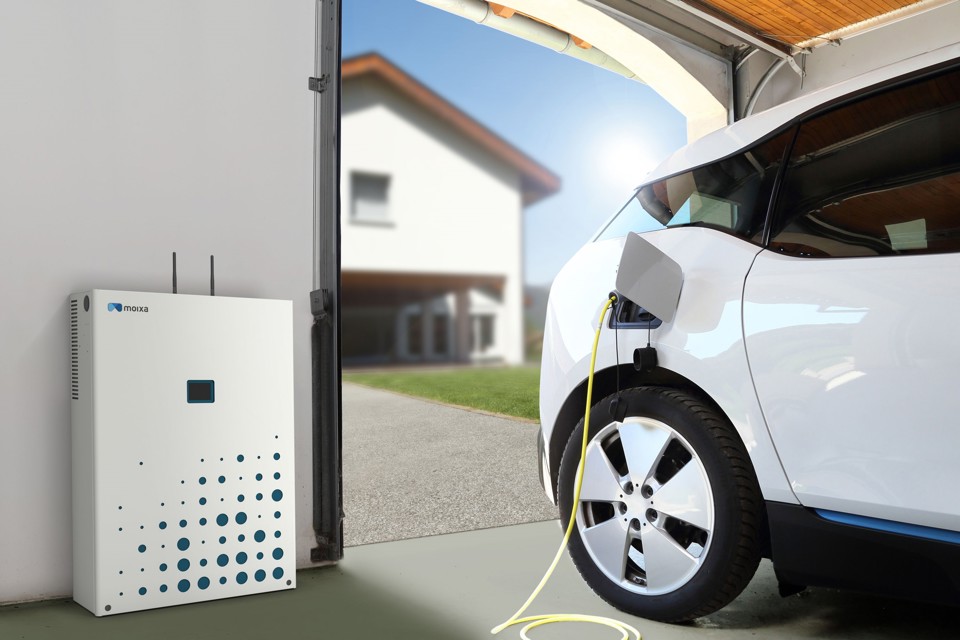


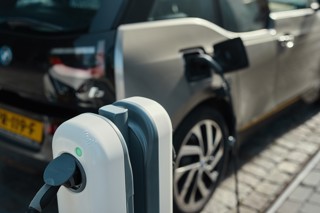
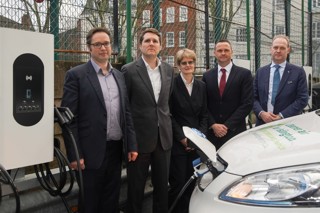
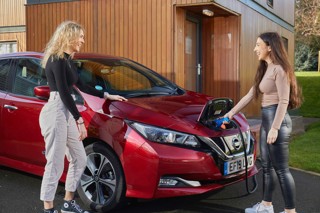

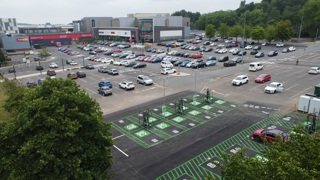











Login to comment
Comments
No comments have been made yet.